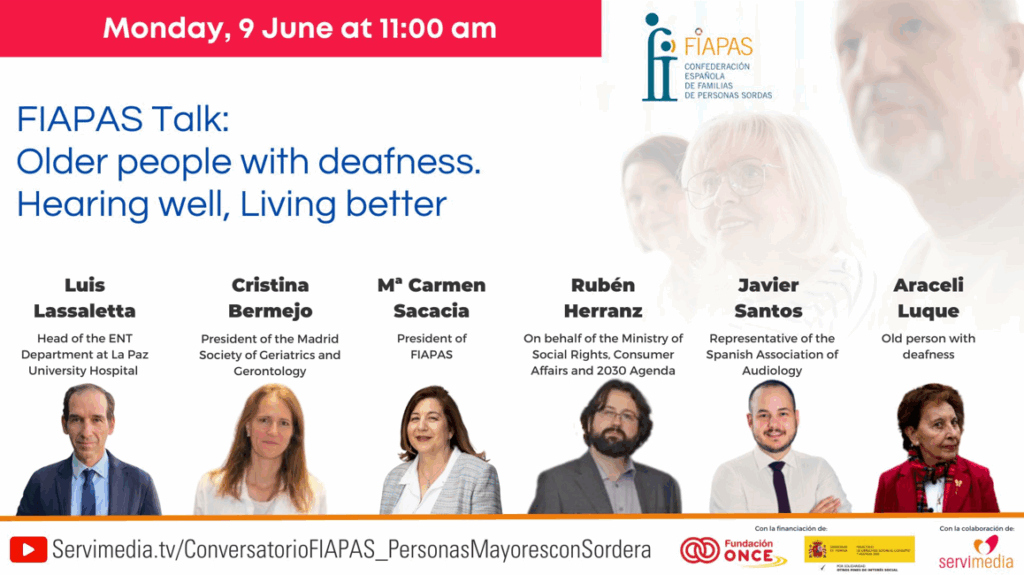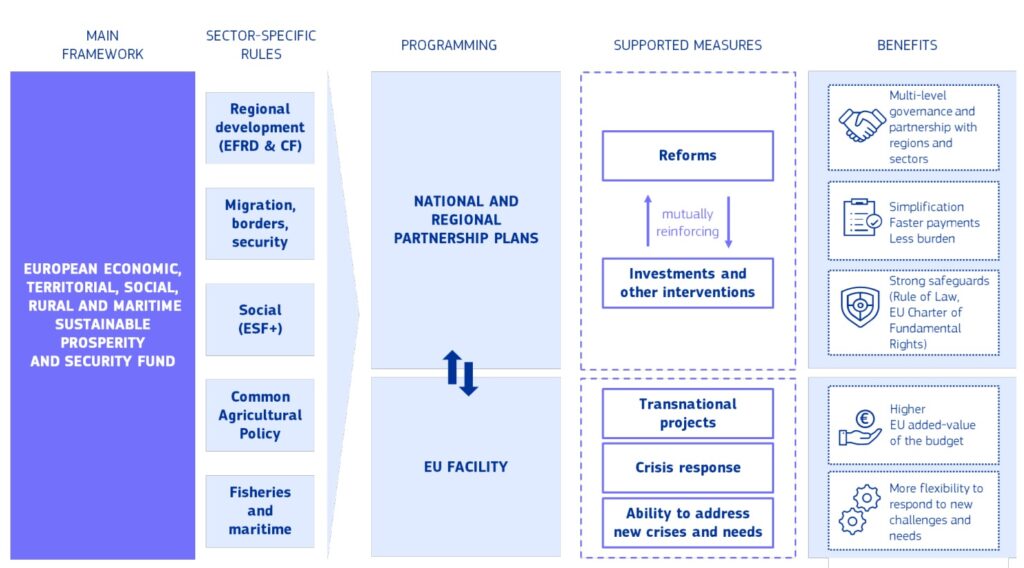Spanish society values families and family life highly, but the way that families look and live has been changing drastically over the past decades. From being one of the countries with the highest fertility rates in Europe, Spain now has the lowest rate in the region and the legalisation of divorce and social acceptance of co-habitation has led to a decline in the traditional nuclear family model. At the same time, the share of mothers who are employed increased by more than 50% over the past two decades, though it remains below the OECD average. While family law has evolved quite strongly alongside these societal changes, family policy – i.e., the combination of benefits, services, tax breaks and leave arrangements that support family members in raising and providing care to minor children and other dependent persons – has undergone some changes but few major reforms.
The OECD (Organisation for Economic Cooperation and Development) report suggests ways to adapt Spain’s family policy to incorporate family diversity into the national policy framework, improve family well-being, reduce child poverty, and make family life easier for all.
To read the full report, click here.
Photo: ©KateSept_2004 via Canva.com





